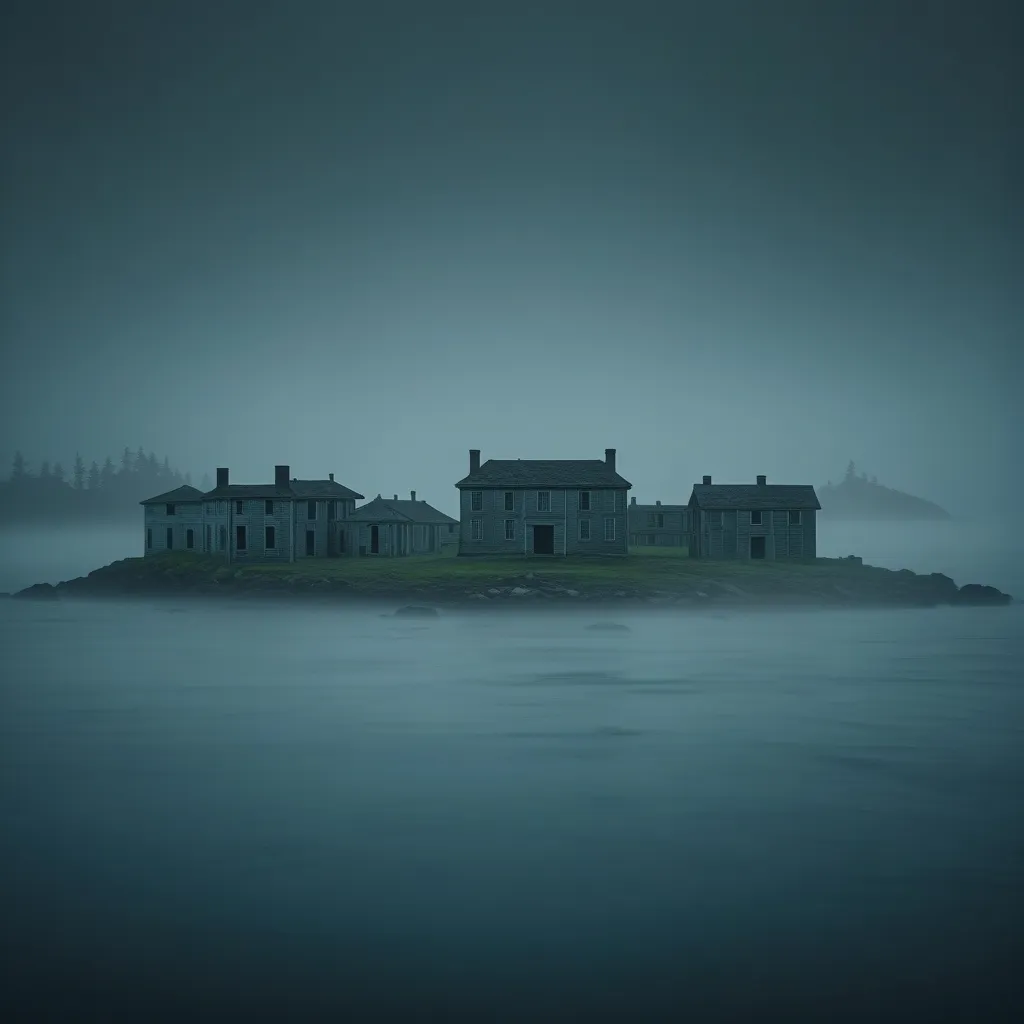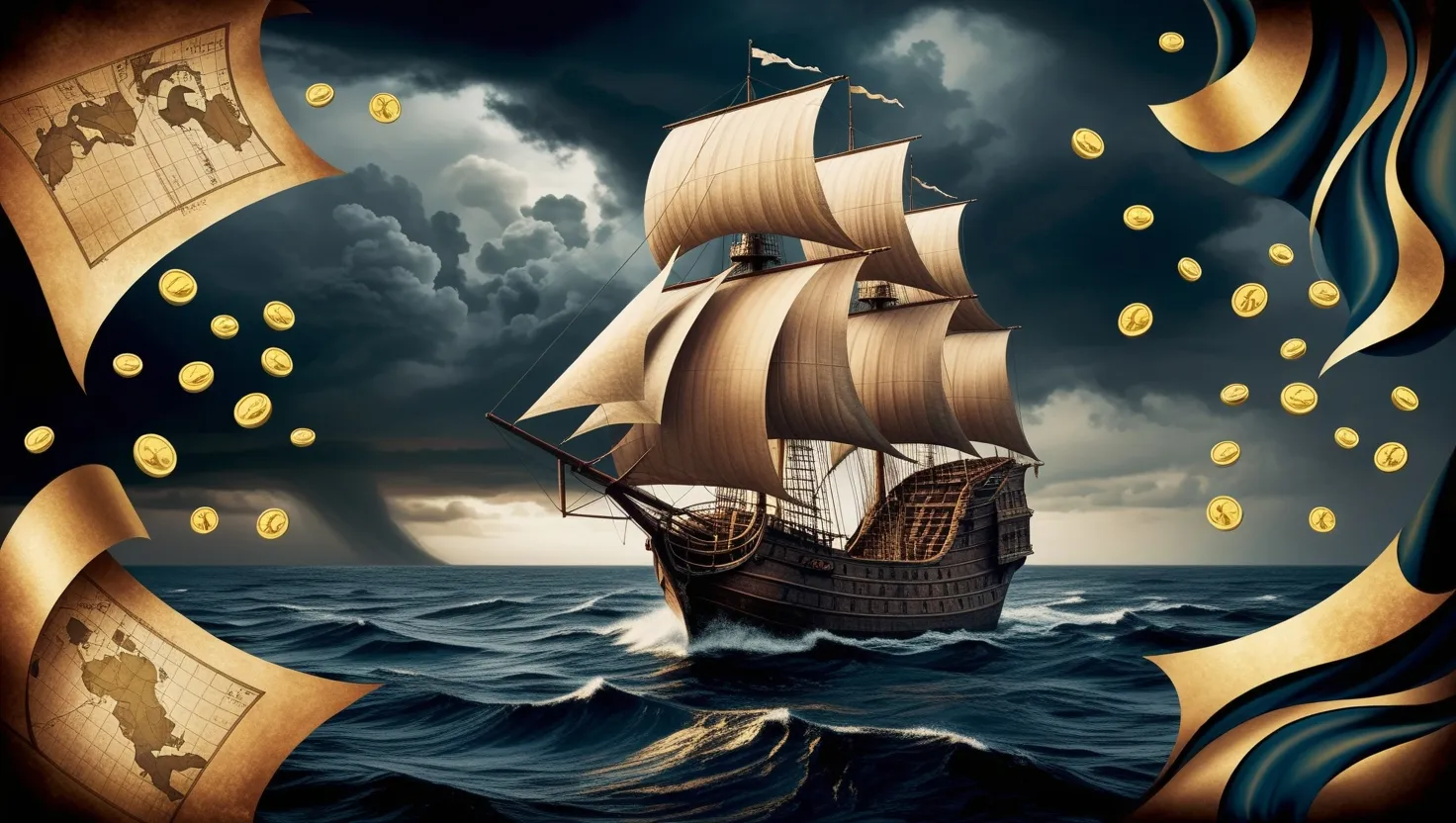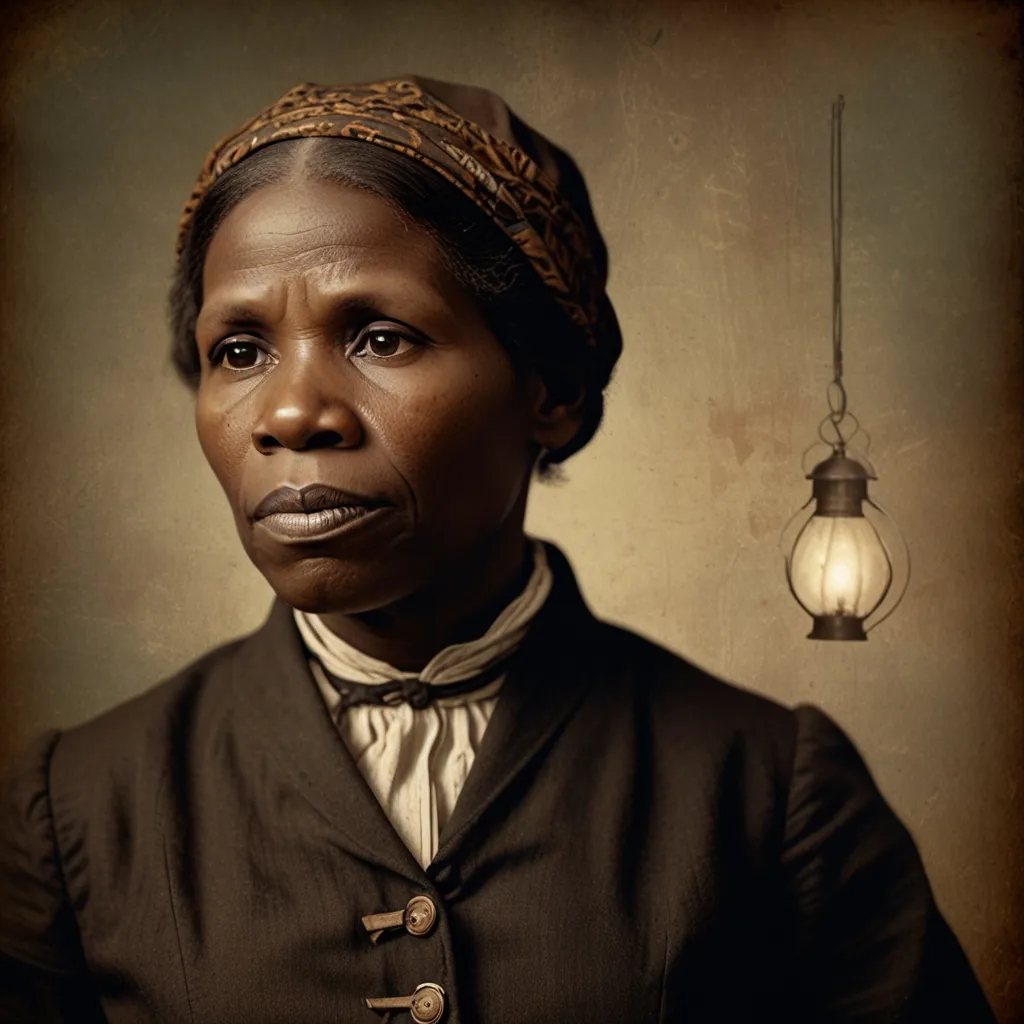The Lost Colony of Roanoke: America’s Enduring Mystery
You know that feeling when you lose something and can’t find it? Now imagine losing an entire colony of people. That’s exactly what happened with the Lost Colony of Roanoke, and it’s been driving historians bonkers for centuries.
Picture this: It’s 1587, and a bunch of brave (or maybe just crazy) English folks decide to set up shop on a tiny island off the coast of what’s now North Carolina. They’re thinking, “Hey, let’s be the first permanent English colony in the New World. What could go wrong?” Spoiler alert: A lot, apparently.
So there they are, about 120 men, women, and kids, ready to make history. They’ve got John White as their governor, who’s not just a leader but also a pretty decent artist. His daughter Eleanor and her hubby Ananias are part of the gang, and they end up having a baby girl, Virginia Dare. Little Virginia becomes an instant celebrity as the first English kid born in America. Talk about starting life with a bang!
Now, here’s where things get a bit messy. John White, being the responsible governor he is, decides to pop back to England for supplies. He’s thinking, “I’ll be back before you know it!” But life had other plans. The English got into a little tiff with the Spanish Armada (you know, just a casual naval war), and poor John couldn’t get back for three whole years.
When he finally returns in 1590, ready to show off his souvenir collection from England, he finds… absolutely nothing. Nada. Zip. The colony’s gone, vanished into thin air. No people, no struggle, no nothing. Just a couple of trees with some cryptic carvings: “CROATOAN” on one and “CRO” on another. Talk about a horror movie setup!
Now, you might be thinking, “Did aliens abduct them?” or “Did they all decide to become mermaids?” But historians have some slightly more plausible theories. The most popular one is that our lost colonists packed up and moved to Croatoan Island (now called Hatteras Island), home to the friendly Croatoan tribe.
This theory isn’t just wild guesswork. Archaeologists have been digging around Hatteras Island and found some pretty interesting stuff. We’re talking a mish-mash of English and Native American goodies all mixed up together. Sword bits, fancy rings, and gun parts hanging out with Indian pottery and arrowheads. It’s like a 16th-century multicultural party down there!
But wait, there’s more! Recent digs have uncovered what might be small satellite settlements scattered around the area. This suggests our colonists might have split up, some heading inland, others chilling by the coast. It’s like they decided to play a massive game of hide and seek with history.
Now, let’s get real for a second. Life for these colonists wasn’t a walk in the park. Imagine being dumped in a strange land with limited supplies, no Google Maps, and a bunch of people you barely know. It’s like the worst camping trip ever, but you can’t go home. The fact that they might have integrated with the Native American tribes is pretty amazing when you think about it.
Some folks reckon the colonists might have met a more tragic end, killed by hostile tribes or wiped out by disease. But here’s the thing – no bodies have ever been found. It’s like they pulled off the world’s greatest disappearing act.
There’s even a wild theory that some of the colonists’ descendants might still be out there. Later English explorers reported meeting Native Americans with blue eyes who claimed their ancestors could “speak out of a book.” Now, that’s some serious family history!
The story of Roanoke has inspired countless books, plays, and TV shows. It’s like the ultimate historical cliffhanger. Did they survive? Did they start a new life? Did they discover the secret to time travel? (Okay, probably not that last one, but you never know!)
As we keep digging (literally and figuratively) into this mystery, we’re reminded of the incredible resilience of those early settlers. They faced challenges we can’t even imagine, armed with nothing but determination and maybe a few rusty tools.
The Lost Colony of Roanoke isn’t just a dusty old history lesson. It’s a reminder of the complexities of human interaction, the challenges of survival, and the enduring power of mystery. It makes us wonder: What would we do in their shoes? How would we survive? And most importantly, what kind of cryptic message would we leave carved in a tree?
So next time you’re having a bad day, just remember: At least you’re not lost in 16th-century America with nothing but a carving knife and a vague idea about a place called “Croatoan.” Those Roanoke folks? They were the original survivors, the OG adventurers. And while we may never know exactly what happened to them, their story continues to captivate us, reminding us that sometimes, the greatest adventures are the ones shrouded in mystery.
Who knows? Maybe one day we’ll crack the code of the Lost Colony. Until then, we’ll keep digging, theorizing, and imagining. After all, isn’t that what makes history so darn fascinating?






